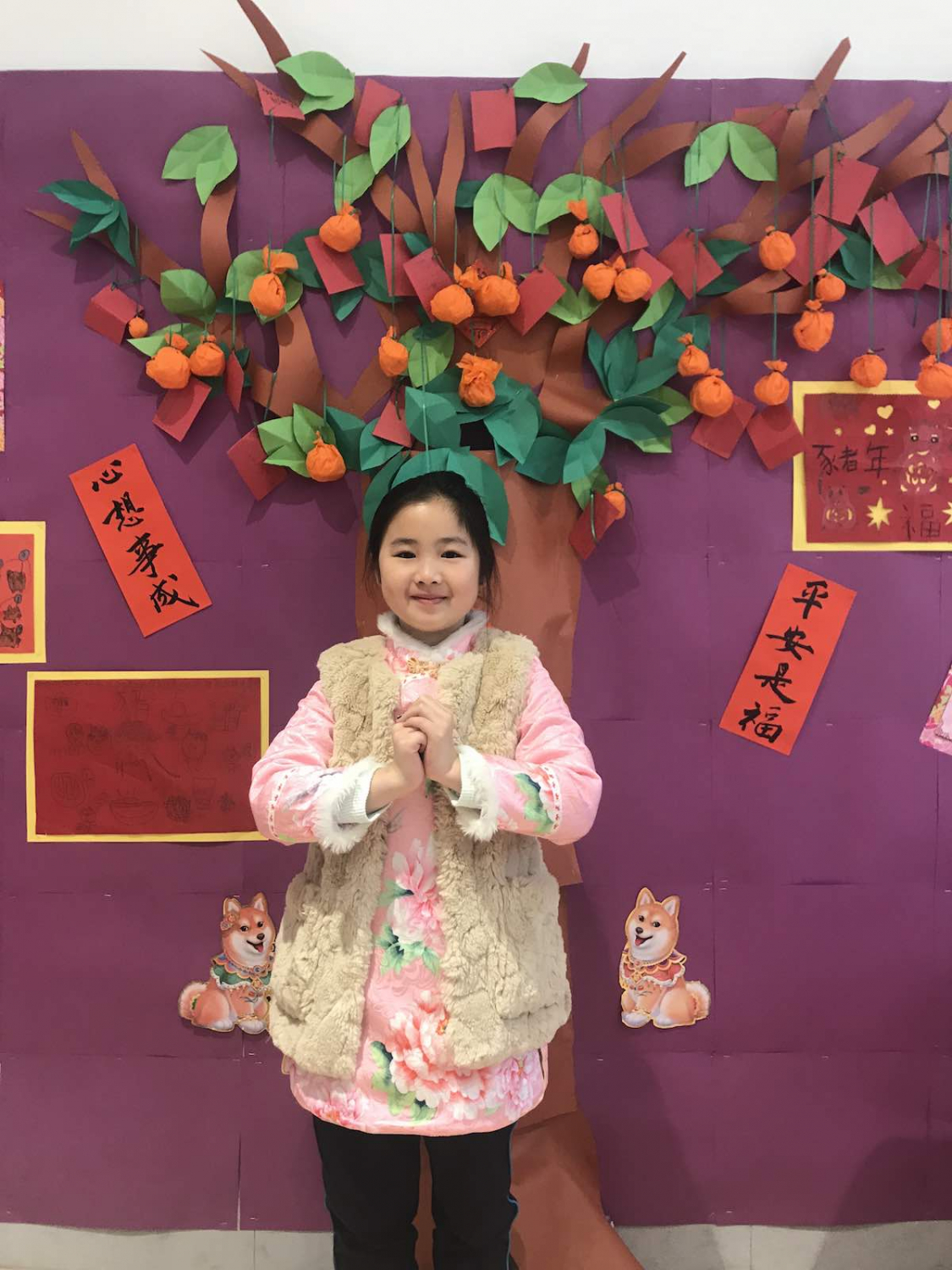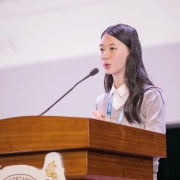
Chinese Academy Primary School prioritises bilingual education in an immersion environment
At the school, both Chinese and English are used fluidly across the curriculum by both staff and studentsWhile many feel that Hong Kong’s education options can be split cleanly into either ‘international’ or ‘local’, there are in fact quite a few schools that do not technically fall into either of these categories – and the Chinese Academy is one of these, coming instead under the classification of ‘private’ school.
The key aspects of Chinese Academy Primary School (CAPS) are that it is a bilingual Mandarin and English immersion curriculum. Starting at Grade 1 (aged six) children learn 60 percent of the time in English and 40 percent of the time in Putonghua, with written Chinese taught as traditional characters rather than simplified. The teaching ethos focuses around inquiry-based learning, interactive engagement and creativity.
Currently going up to Grade 5, the school will grow organically, with the opening of a secondary school in the near future. It is a joint venture between Confucius Hall and the International Chinese Academy Education Foundation (ICAEF), in which the aim is to provide a school with the best of eastern and western traditions, integrating “traditional Chinese culture and global perspectives”.
CAPS’ strategy of bilingual immersion means that both Chinese and English are used fluidly across the curriculum by both staff and students.
Read more: Best international schools in Hong Kong
It’s all Chinese to me
Chief Principal Jane Lancaster-Adlam, explains how children are able to settle into a learning environment such as this – one with such a strong Mandarin emphasis – if they do not have any Chinese language support at home.
“The majority of our families are Hong Kong Chinese,” she says, “but we have started to welcome families from other International backgrounds. They’re interested in the language and the culture and want their children to develop an appreciation of the place that they are living in.”
The school ensures that all children, as they enter Grade 1, are given the appropriate support through a tailor made language programme to support them with their language development in either Chinese or English if required.
For those who come in later than Grade 1, the school will give individual support, tailoring a programme in certain weaker areas that will bring them up to the level required for normal class participation, whilst also keeping them with their peers as much as possible.
“For children, it only takes about two months to be very comfortable following instructions and conversing and then a bit longer for the reading and writing.”
Success stories
The school is seeing great results from this approach. One girl arrived from London with a basic understanding of spoken Mandarin but almost no reading or writing skills. Within three months, she was up to the standard of her classmates’ reading level after going through a bespoke programme that focused on her weaknesses whilst still supporting her everyday learning.
Another boy arrived last year from the States, from a family with no Chinese at all. The school created a plan specifically for him that was adapted from the Grade 1 transition programme.

“What we needed to do was increase the interest appropriate for his age level but maintain it at a basic vocabulary so he could catch up with his peers. So for him, for verbal skills he would be with the class but for reading and writing he had his own programme,” Lancaster-Adlam explains.
This individualised approach – which balances ability with age but also makes sure that students are part of the classroom as much as possible – is very unique; so often, schools can and will only provide a cookie cutter approach to each child, no matter their specific requirements. So the CAPS attitude is refreshing.
Leading by example
But then after meeting Jane Lancaster-Adlam, it perhaps shouldn’t be such a surprise that Chinese Academy is carving out its own path and doing it so well. Lancaster-Adlam is clearly a purebred educationalist, and curriculum development has become her speciality, particularly on effective bilingual immersion. After speaking with her, you can’t help but have great faith that she knows exactly what she’s doing.
Green and pleasant land
And what of the campus? CAPS is in Causeway Bay, a stone’s throw from Hong Kong Stadium. The school’s sponsoring body is Confucius Hall, which influences the overall ethos and has provided the location; the school classrooms stand in the shadows of the imposing Confucius Hall, a grand historical building which used to be Hong Kong’s City Hall.
Read more: Wycombe Abbey School Hong Kong prioritises English and Chinese language learning
Aside from the history, here are some unusually wonderful words to write about a school in Hong Kong – the playground is enormous! And surrounded by greenery! Both of which help to make the campus a small haven away from the chaos of island life.
CAPS is just finishing its third year since opening. There are plans already in place for a grand site with all the bells and whistles, which will ultimately include the through train to secondary school. In the meantime, the interim plan will see the current classroom provisions extended by a further five in the near future.
Chinese Academy is an interesting option for those parents wanting to embrace the fusion of living in such a diverse place. Hong Kong is the city where east famously meets west and this is a school that acknowledges that relationship, offering an education to compliment both cultures.




